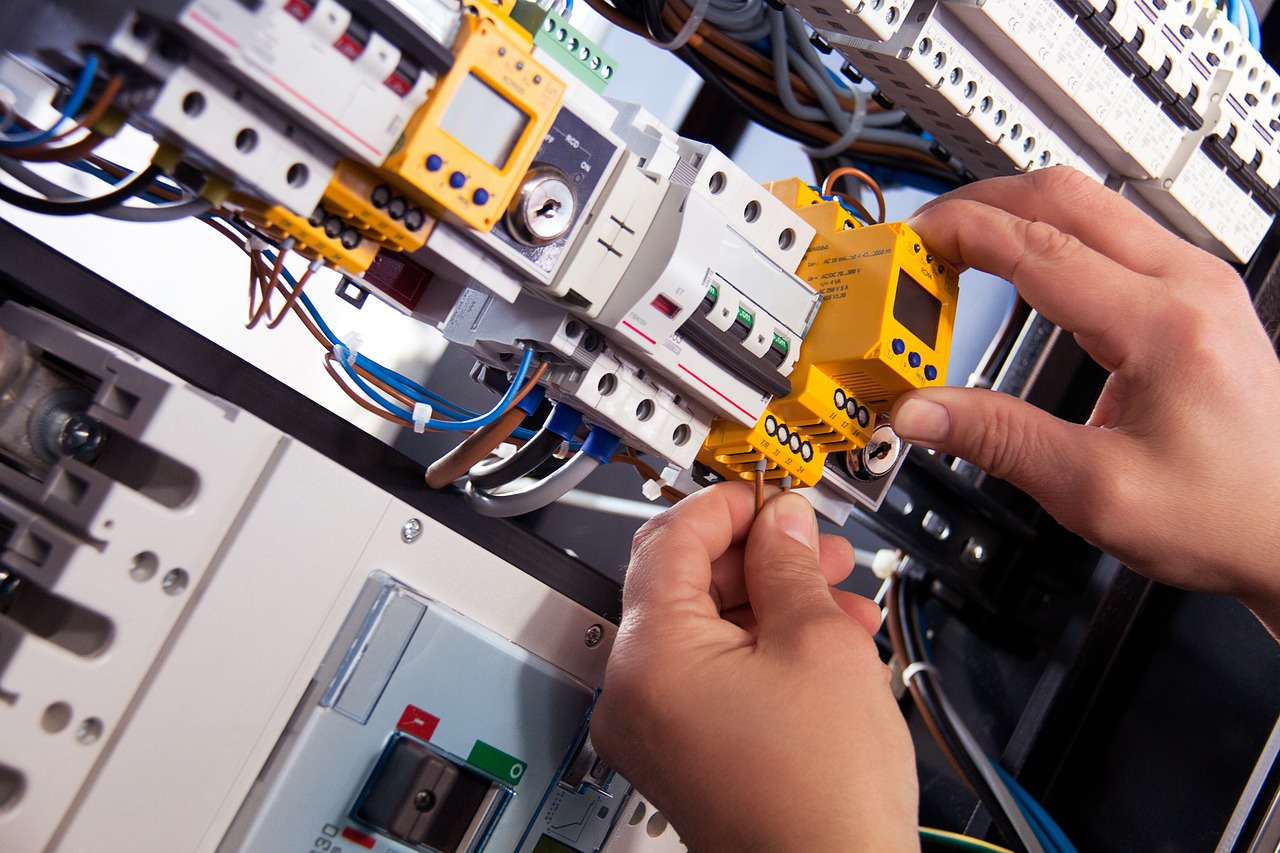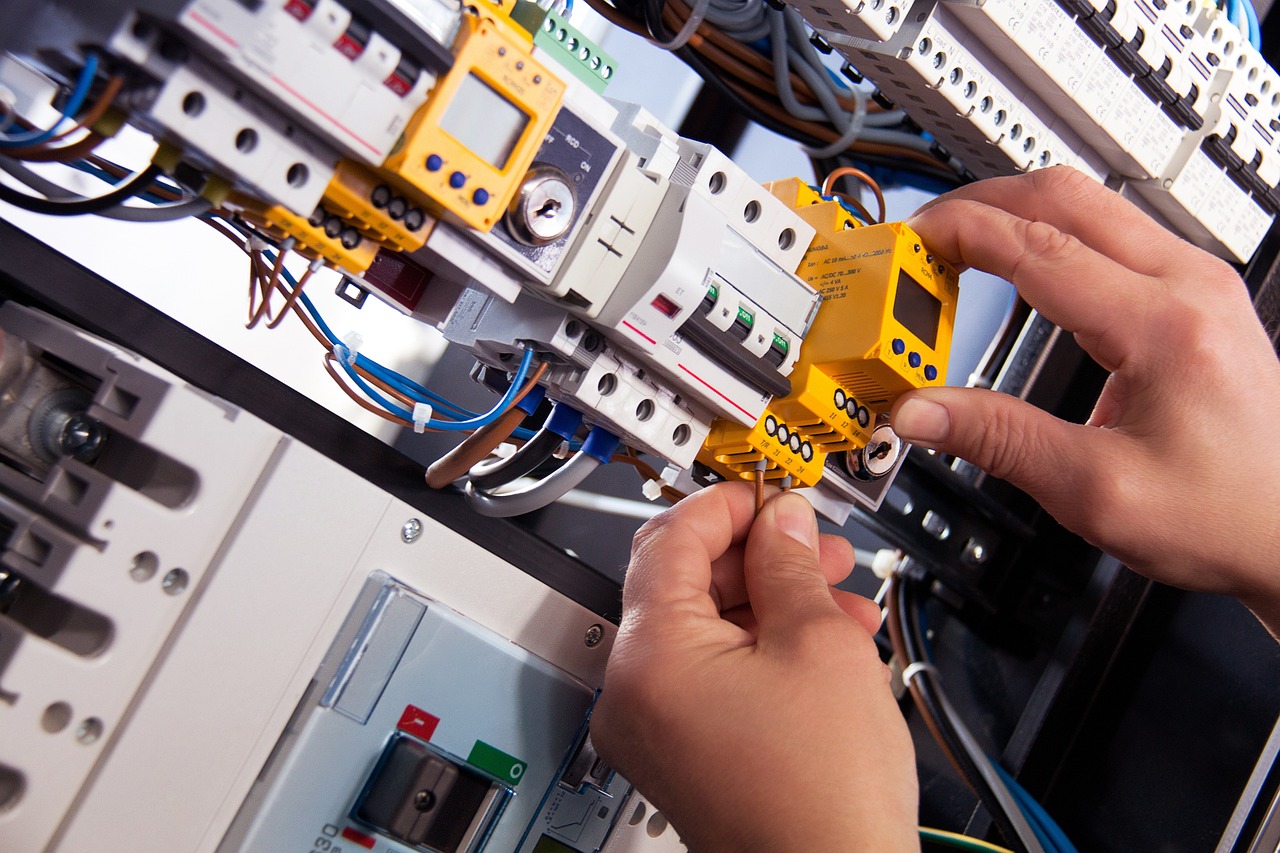Are you planning on rewiring your home? Congratulations on taking the initiative to improve your home’s electrical system! However, before you dive into the process, it’s important to be aware of common mistakes that can be easily avoided.
Not only can these mistakes be time-consuming and frustrating, they can also be dangerous and potentially costly in the long run.
In this article, we’ll go over some of the most common mistakes that homeowners make when rewiring their homes. From creating a clear plan of action to understanding electrical codes and regulations, we’ll provide you with the knowledge you need to ensure that your rewiring project is completed safely and successfully.
So grab a cup of coffee, sit back, and let’s get started!
Creating a Clear Plan of Action
Don’t just dive into rewiring your home – you need a clear plan of action!
One of the biggest mistakes people make when starting a rewiring project is not properly budgeting or allocating their time. Without a plan, you may find yourself overspending on materials or taking much longer than anticipated to complete the project.
To avoid these issues, start by creating a budget and timeline for the project. Research the materials you’ll need and their costs, and factor in any additional expenses such as permits or contractor fees.
Then, create a timeline for the project, taking into account any potential setbacks or delays. By having a clear plan in place, you can avoid overspending and ensure that the project is completed in a timely manner.
Ensuring Proper Safety Measures
Make sure you’re taking the necessary safety precautions when you’re rewiring your house, such as turning off the electricity and wearing proper protective gear. This is crucial to avoid any electrical shock or accidents that could happen during the process.
It’s also important to ensure that your grounding system is working properly. Grounding helps prevent electrical shocks by providing a safe path for electricity to flow to the ground. Make sure to inspect the grounding system and replace any damaged or worn components before starting the rewiring process.
Another important safety measure to consider when rewiring your home is proper insulation techniques. Insulation helps protect the wiring and prevents electrical fires. Make sure to use the appropriate type of insulation and install it correctly to avoid any potential hazards.
It’s also important to check the insulation on existing wiring and replace any that is damaged or worn. By taking the time to ensure proper grounding and insulation, you can help ensure your home is safe from electrical hazards for years to come.
Obtaining the Necessary Tools and Equipment
To get started with your rewiring project, you’ll need to grab some essential tools and equipment to ensure that you have everything you need.
First, make sure you have a wire stripper, wire cutters, pliers, and a voltage tester. These tools are essential for cutting and stripping wires and ensuring that you’re working with a safe level of voltage.
You’ll also need a drill with a range of drill bits, as well as a hammer and screwdrivers, for fixing electrical boxes and mounting hardware.
When choosing the right wires for your project, make sure to select wires that are appropriate for the amount of current that will be flowing through them. This will help ensure that your system works properly and safely.
Additionally, be sure to use proper grounding techniques to prevent electrical shocks and fires. Ground wires should be connected to the grounding rod, which should be placed at least 8 feet into the ground.
By following these tips and using the right tools and equipment, you can ensure a successful rewiring project that is both safe and efficient.
Understanding Electrical Codes and Regulations
It’s crucial to understand electrical codes and regulations before starting any rewiring project in your home. These codes and regulations are in place to ensure the safety of your home and loved ones. Ignoring them can lead to serious consequences, such as electrical fires or electrocution.

One important aspect of electrical codes and regulations is obtaining the necessary permits and inspections. Depending on where you live, you may need to obtain a permit before starting any electrical work. This ensures that the work is being done safely and up to code.
Additionally, inspections may be required at different stages of the project to ensure that everything is up to code. Another important consideration is electrical load calculations. It’s crucial to make sure that your electrical system can handle the demands of your home and any additions or changes you may be making. This will ensure that your electrical system is safe and functioning properly.
Hiring a Professional Electrician when Necessary
If you’re not confident in your electrical skills, consider hiring a professional electrician to ensure that your safety and that of your loved ones isn’t compromised.
DIY dangers can be very real, especially when it comes to electrical work. You might think that you’re saving money by doing the rewiring yourself, but if you make a mistake, it could end up costing you much more in the long run.
Not only could you damage your home, but you could also put yourself and your family in danger.
When deciding whether to hire a professional electrician or do the work yourself, it’s important to do a cost comparison. While it might be tempting to save money by doing the work yourself, it’s important to consider the potential risks and complications that could arise.
A professional electrician has the knowledge and experience to do the job right the first time, which can ultimately save you time, money, and stress. Additionally, a professional electrician can ensure that your home is up to code and that all safety precautions are taken, giving you peace of mind knowing that your home and family are safe.
Frequently Asked Questions
How do I know if my electrical system needs rewiring?
To check if your electrical system needs rewiring, look out for warning signs such as flickering lights, tripping circuit breakers, and burning smells. Hiring a professional electrician is crucial for a safe and effective rewiring process.
Can I rewire my home by myself without any professional help?
You may be tempted to attempt DIY rewiring, but it’s risky. Without proper training, you could expose yourself to electrocution and fire hazards. Professional help ensures safety and compliance with codes and regulations.
How long does it usually take to rewire a home?
On average, rewiring a home takes 2-4 weeks. The process involves steps such as creating a plan, turning off electricity, removing old wiring, and installing new wiring. It’s important to hire a professional to ensure safety and proper installation.
How much does it cost to rewire a home?
Looking to rewire your home? The cost breakdown varies depending on whether you choose to DIY or hire a professional. DIY can cost around $2,500, while professional rewiring can cost upwards of $8,000.
What are some common mistakes people make when rewiring their homes?
To avoid electrical safety hazards, never attempt to rewire your home without professional assistance. Mistakes can cause fires, electrocution, or damage to your home’s electrical system. Stay safe and hire a licensed electrician.
Conclusion
In conclusion, rewiring your home can be a daunting task, but with the right approach, it can be done safely and efficiently. Make sure to create a clear plan of action, obtain the necessary tools and equipment, and understand electrical codes and regulations before starting.
Safety should always be your top priority, so ensure that you take proper precautions throughout the process. If you’re unsure about any aspect of the rewiring process or feel overwhelmed, it’s always best to hire a professional electrician. They have the knowledge and expertise to handle any complications that may arise and can ensure that your home is rewired properly and up to code.
By avoiding common mistakes and taking the necessary steps, you can successfully rewire your home and enjoy a safe and reliable electrical system for years to come.



